E-Lins industrial dual sim 4G router helps solar power monitorin
Solar power is a green and energy-efficient source of electricity, but there are many challenges in using solar power for outdoor monitoring. E-Lins launched the industrial grade H685 series single sim and H720 series dual sim 4G router.
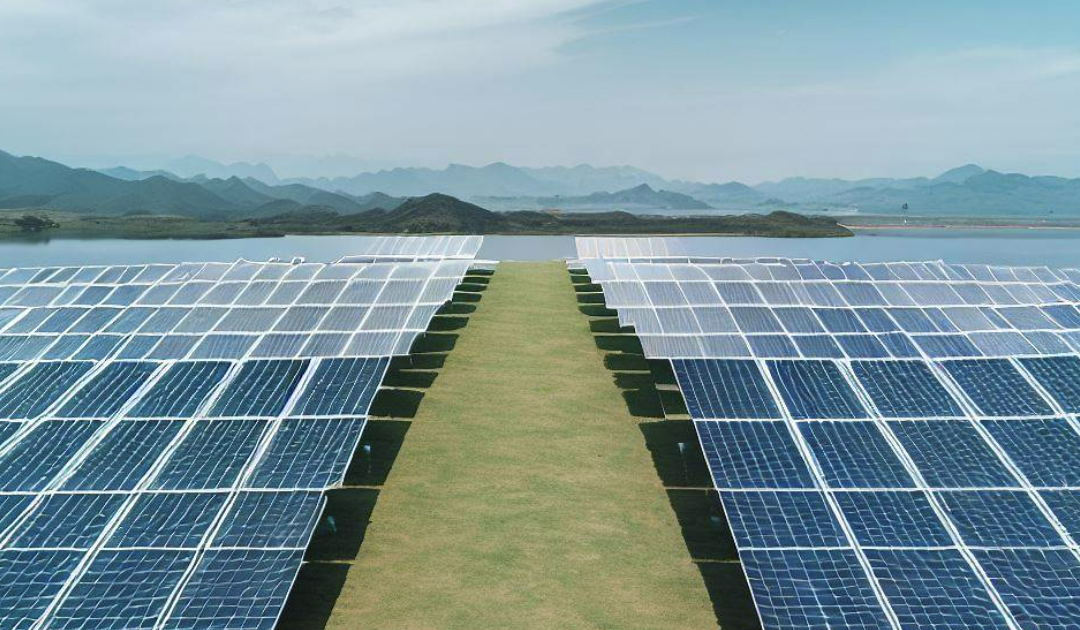
Solar energy is a green and energy-saving source of electricity. It has many advantages, such as environmental protection, durability, stability, and easy maintenance, so many industries use it. Solar energy is generally used outdoors, but there are many challenges in the outdoor environment, such as remote monitoring points, difficult power supply, expensive optical fiber lines, harsh weather, etc., and it is necessary to manage wind speed, rainfall, temperature and humidity, cameras and other equipment.
In order to solve the problem of solar power supply monitoring, E-Lins has launched the H720 series industrial dual sim 4G router, which can directly access the Internet with a SIM card without laying optical fibers. The H720 series has a dual-card design, which makes the network more reliable. If one card is broken, the other card will automatically take over, and the load of the dual-card is balanced.
E-Lins H685 industrial 4G router has 2 RJ45 Ethernet ports, which can be connected to the network or camera, and a serial port RS485/RS232, which can be connected to sensors and other equipment. An industrial 4G router can meet all the equipment connections of a solar powered site requirements, realize remote management of sensors and video surveillance.
The industrial-grade design protection level of the 4G router H685 reaches IP30, which can adapt to harsh outdoor environments and work normally at temperatures ranging from -30°C to 70°C. It supports 5V~40V DC wide voltage power supply, and automatically adjusts the voltage, so you don't have to worry about power problems. It also supports a variety of VPN client protocols, such as GRE, PPTP, L2TP, IPSec, OpenVPN, etc., and can join a virtual private network to ensure data security.
In addition to solar power supply projects, outdoor wireless routers are also widely used in IoT applications such as smart agriculture, smart transportation, smart campuses, smart construction sites, smart factories, smart cities, etc., providing network for unattended and outdoor networking, remote monitoring and other scenarios Communication, using wireless data transmission to save engineering costs such as wiring cables, is a cost-effective choice for outdoor networking of the Internet of Things.

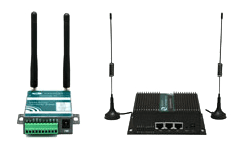 Networking
Networking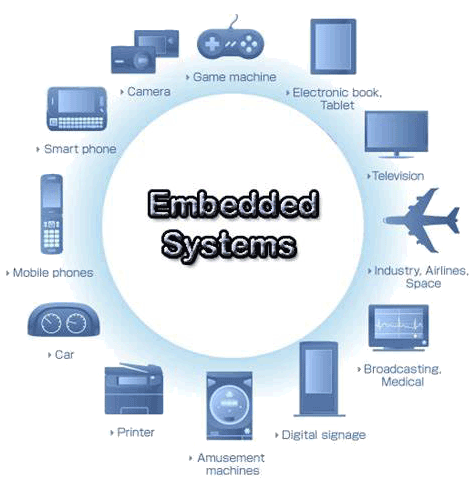 EMBEDDED SYSTEMS
EMBEDDED SYSTEMS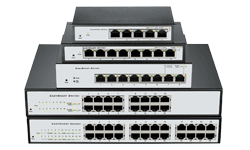 Switches
Switches Wireless Solutions
Wireless Solutions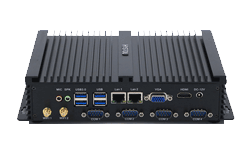 Industrial Computer
Industrial Computer Cloud Services
Cloud Services



